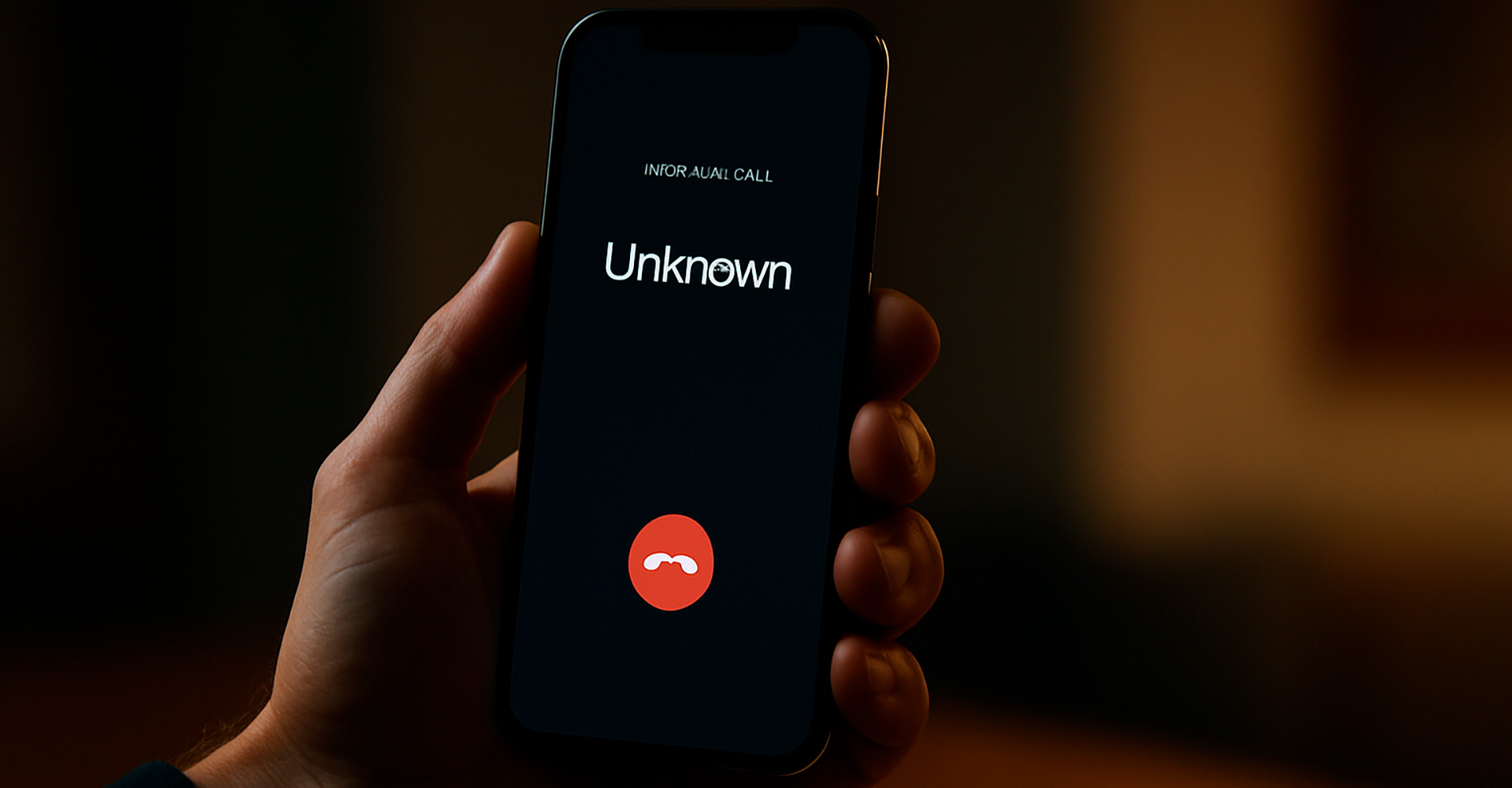
Few things create as much instant tension as seeing an unfamiliar number appear on your phone screen. It could be a friend calling from a new phone, a legitimate business, or sometimes a collection agency trying to reach you. For borrowers managing loans, credit cards, or past-due balances, these calls are not uncommon. One example people often research online is 2402328819 Call Meaning, which is associated with contact from credit agencies or debt collectors. While the call itself can be unsettling, understanding why it happens, what it represents, and how to respond effectively can turn fear into clarity. This article explores the larger context behind such calls, helping people of all ages navigate them with confidence.
Why Creditors and Agencies Make Calls
Borrowing money creates a legal obligation to repay. When payments are late, creditors first attempt gentle reminders, such as emails or mailed notices. If balances remain unpaid, they escalate by making direct calls. Numbers like those associated with 2402328819 Call Meaning are part of this process. These calls are not random—they follow specific procedures aimed at recovering money owed. Recognizing the reasons behind these calls helps borrowers see them less as harassment and more as reminders of responsibilities tied to credit agreements.
The Role of Debt Collection Agencies
When lenders cannot collect, they often turn to outside agencies. These companies specialize in debt recovery, using calls, letters, and sometimes legal action. They purchase old debt at reduced prices or act on behalf of creditors. The structure may feel aggressive, but agencies operate within a framework of laws such as the Fair Debt Collection Practices Act (FDCPA). Learning these rules is part of handling calls confidently. It ensures you know your rights and can demand fair treatment.
What to Expect During a Call
A debt collection call usually follows a pattern. The agent introduces themselves, mentions the creditor, and outlines the amount owed. They may request immediate payment or propose repayment options. While this can feel overwhelming, it’s important to remember that you have control. Borrowers can request proof of debt, ask for communication in writing, and take time to consider repayment strategies. The key is to remain calm and avoid agreeing to terms you cannot meet.
How These Calls Affect Credit Scores
Ignoring calls doesn’t make the problem disappear. In fact, unpaid debts reported to credit bureaus harm credit scores. Lower scores make it harder to secure loans, rent apartments, or even qualify for some jobs. By contrast, addressing calls like those linked to 2402328819 Call Meaning can lead to negotiated settlements, repayment plans, or reduced balances—all of which positively affect long-term credit health. Facing the issue early reduces the damage and accelerates recovery.
Common Misunderstandings About Debt Calls
Many borrowers assume the worst when they receive calls, leading to myths that worsen stress. Some of the most common misunderstandings include:
- Myth: “Collectors can immediately take money from my account.”
Reality: Without a court judgment, this is not allowed. - Myth: “If I ignore the call, it will stop.”
Reality: Ignoring calls usually leads to more persistent attempts, letters, or legal action. - Myth: “Talking to them means I admit guilt.”
Reality: Asking questions or requesting proof does not equal an admission of responsibility.
Steps to Take When You Receive a Call
Preparation makes handling calls far less stressful. When you pick up, follow these steps:
- Gather information: Ask for the caller’s name, agency, and contact details.
- Request validation: Ask for written proof of the debt before making payments.
- Keep records: Write down the date, time, and content of every call.
- Stay professional: Remain calm and do not provide unnecessary personal details.
- Plan repayment: If the debt is valid, negotiate a plan that fits your budget.

The Collection Process Timeline
Debt recovery typically follows a timeline. Here’s a breakdown of what borrowers can expect:
| Stage | Time After Missed Payment | Action Taken |
|---|---|---|
| Initial Reminder | 30–60 days | Creditor sends late notices or calls directly |
| Internal Collection | 60–120 days | Creditor’s internal department escalates contact |
| External Collection | 120+ days | Debt sold or transferred to collection agencies |
| Legal Escalation | 6–12 months | Possible lawsuits or wage garnishment |
Negotiating With Collectors
Collectors are often willing to negotiate. This may mean reducing the balance owed, setting up payment plans, or accepting lump-sum settlements. Borrowers who engage respectfully and honestly tend to achieve better outcomes. For example, if you can pay 50% of a debt immediately, many agencies will consider closing the account. Always request agreements in writing to ensure accountability.
Tips for Successful Negotiation
- Never promise more than you can afford to pay.
- Offer lump sums when possible for better discounts.
- Request a “paid in full” or “settled” letter once the debt is resolved.
- Keep every receipt and communication for your records.
Long-Term Strategies to Avoid Debt Calls
While handling current calls is important, preventing future ones is even more valuable. Building better financial habits reduces the risk of collections. This includes creating budgets, paying bills on time, and using credit responsibly. Tools like credit counseling agencies, financial literacy workshops, and online platforms provide guidance for long-term stability. Over time, healthier credit habits replace stress with confidence.
Emotional Well-Being and Debt Management
Debt doesn’t just affect finances—it affects mental health. Constant calls can lead to anxiety, shame, or strained family relationships. Facing calls directly and making a plan provides emotional relief. By turning uncertainty into action, borrowers take control of their narrative. Even something as unsettling as 2402328819 Call Meaning can become an opportunity for growth and recovery.
Unfamiliar numbers on a phone screen don’t have to inspire panic. They are part of a structured financial system designed to recover money owed, but they also come with legal limits and protections for borrowers. By understanding why calls happen, what rights you hold, and how to respond strategically, you transform fear into clarity. Whether you’re just beginning to manage credit or working toward recovery, every call is a chance to take control. The goal is not only to resolve today’s challenges but to build a stronger, more stable financial future.
